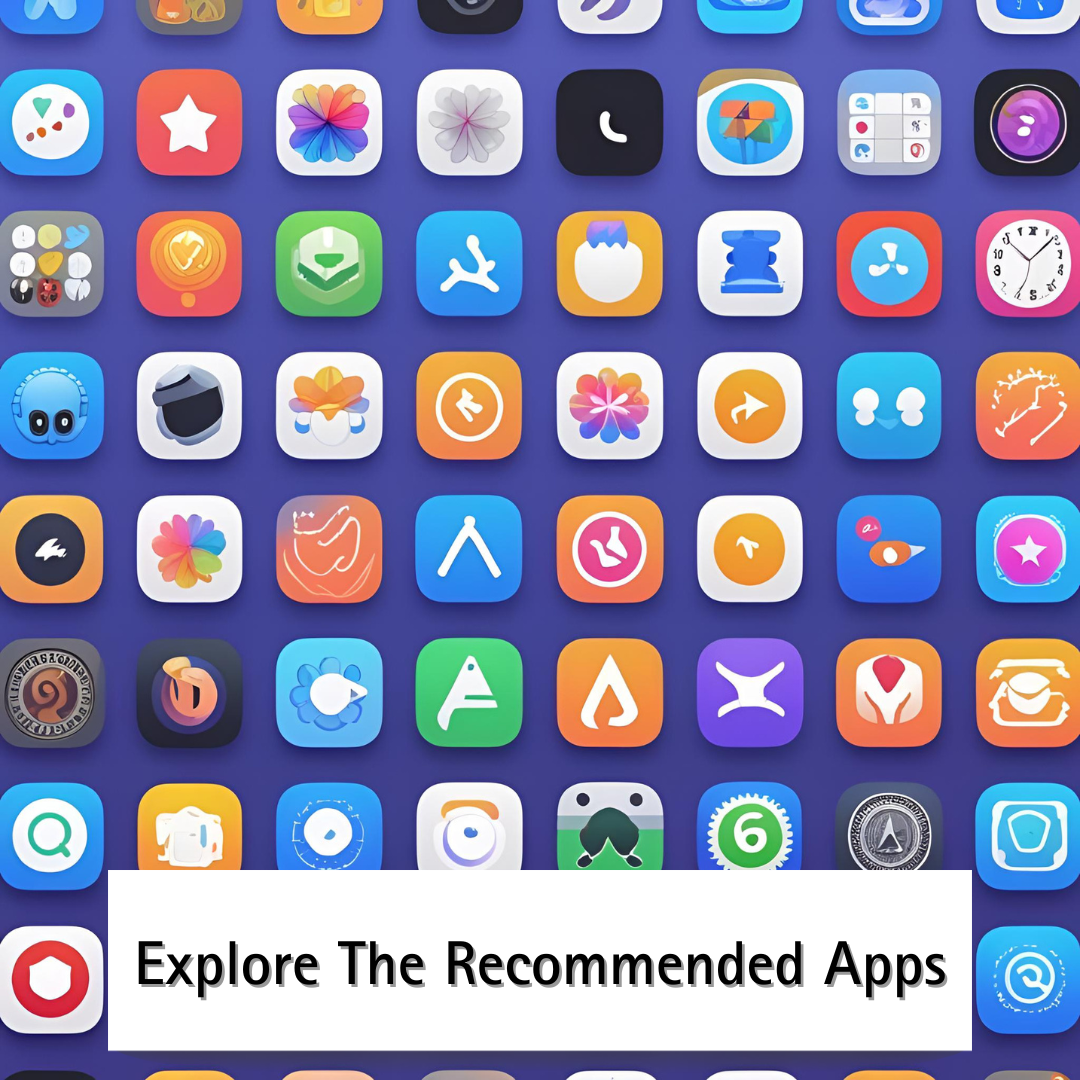Mental Health: How Smart Tech & AI Can Support Your Mental Health
World Mental Health Day 10th October
Introduction: Tech as a Tool, Not a Trigger
We often hear that technology is harming our mental wellbeing — endless notifications, blue light late at night, and constant social comparison on social media.
But there’s another side to the story. Used mindfully, smart technology and AI tools can be powerful allies for stress relief, better sleep, and even building resilience.
In this guide, we’ll explore how apps, AI chatbots, and smart devices can support your mental health — plus how to use them safely and effectively.
1. Why Mental Health Matters in the UK
1 in 4 people in England experience a mental health problem each year.
Mental ill-health costs the UK economy £105 billion annually.
31% of adults report high anxiety levels.
(Sources: NHS Digital, Mind.org.uk, ONS)
With World Mental Health Day taking place on 10 October, now is the perfect time to explore tools that can help you or someone you care about.
2. Mental Health Apps That Really Help
There’s no shortage of “wellbeing” apps out there, but only some are backed by evidence and trusted organisations.
Here are a few free, UK-focused options worth trying:
NHS Every Mind Matters – Personalised wellbeing plans from the NHS.
Hub of Hope – UK-wide directory of support services.
Calm Harm – Strategies to resist or manage the urge to self-harm.
My Possible Self – CBT-based tools for stress and anxiety.
3. AI Companions for 24/7 Support
AI chatbots can’t replace human therapists, but they can provide immediate, non-judgemental support any time of day.
Woebot – CBT-style conversations to help reframe thinking patterns.
Wysa – AI coach with optional human therapist support.
Replika – Friendly conversation partner for mindfulness and journaling.
4. Smart Devices for Better Sleep, Focus & Calm
Mental health and physical wellbeing are deeply connected. These smart devices can help you sleep better, stay calm, and improve focus:
Muse Headband – Meditation feedback to improve mindfulness.
Oura Ring – Tracks sleep quality and readiness levels.
Lumie Light Alarm Clock – Supports natural wake cycles to boost mood.
5. Avoiding Tech Burnout
Ironically, too much tech — even if it’s “good” tech — can become overwhelming.
To keep things balanced:
Limit daily app notifications.
Schedule non-screen breaks.
Use devices to support healthy habits, not replace them.
6. Where to Find More Tools
We’ve created a full Smart Tech & AI Tools for Mental Health resource page with app links, device recommendations, and UK helplines.
👉 Visit the Mental Health Tech Hub
7. UK Helplines & Resources
If you’re struggling, please reach out to a professional:
NHS: Call 111 (urgent help)
Samaritans: 116 123 (free, 24/7)
Mind: 0300 123 3393
YoungMinds Crisis Messenger: Text YM to 85258
Final Thoughts
Technology isn’t the enemy — in fact, it can be a lifeline. By choosing the right tools and using them mindfully, you can turn your phone, wearable, or AI assistant into a powerful ally for your mental wellbeing.
